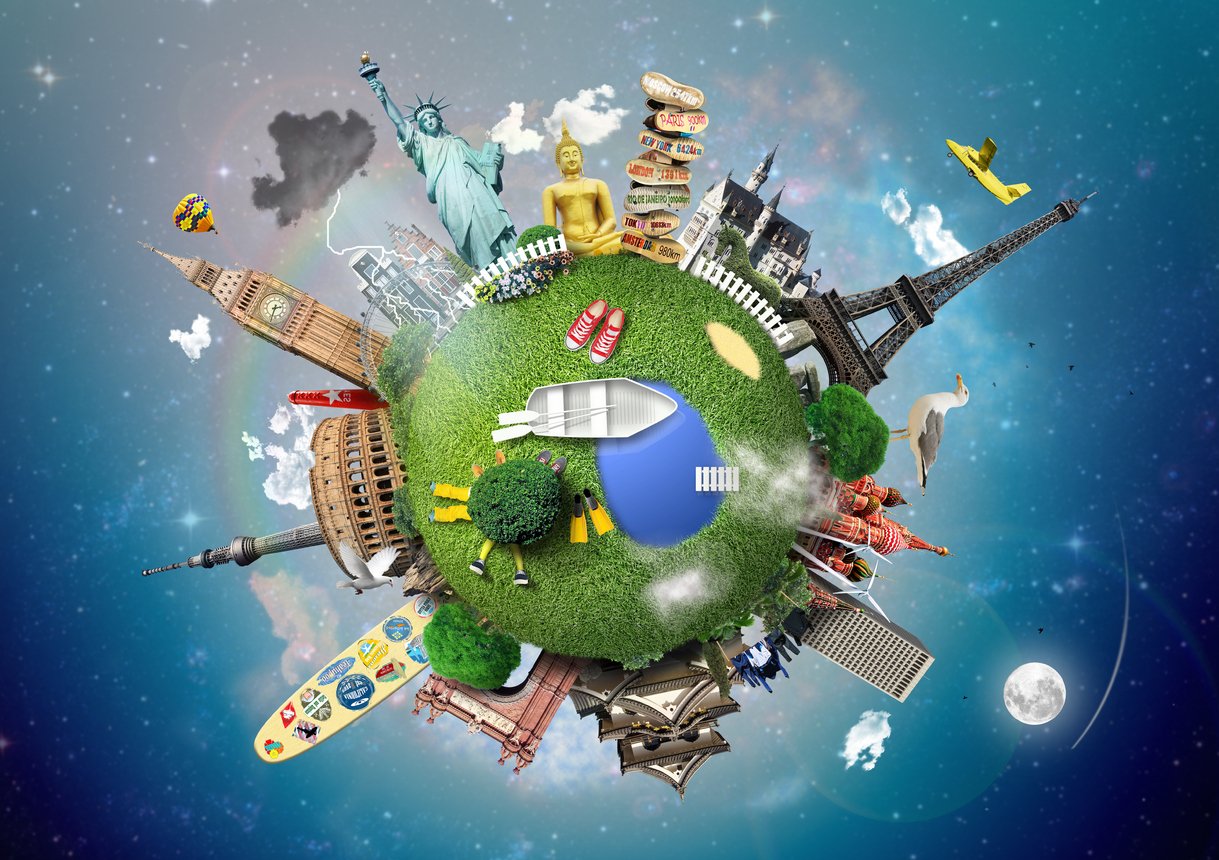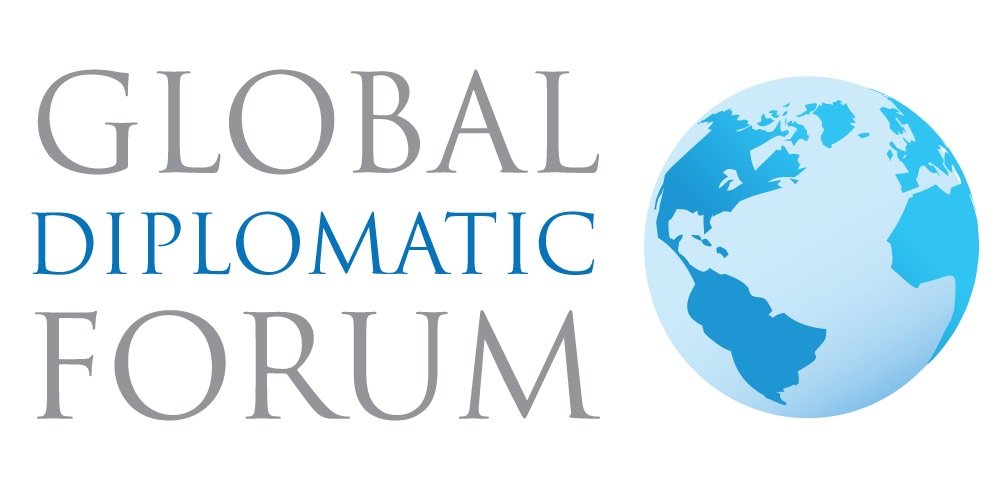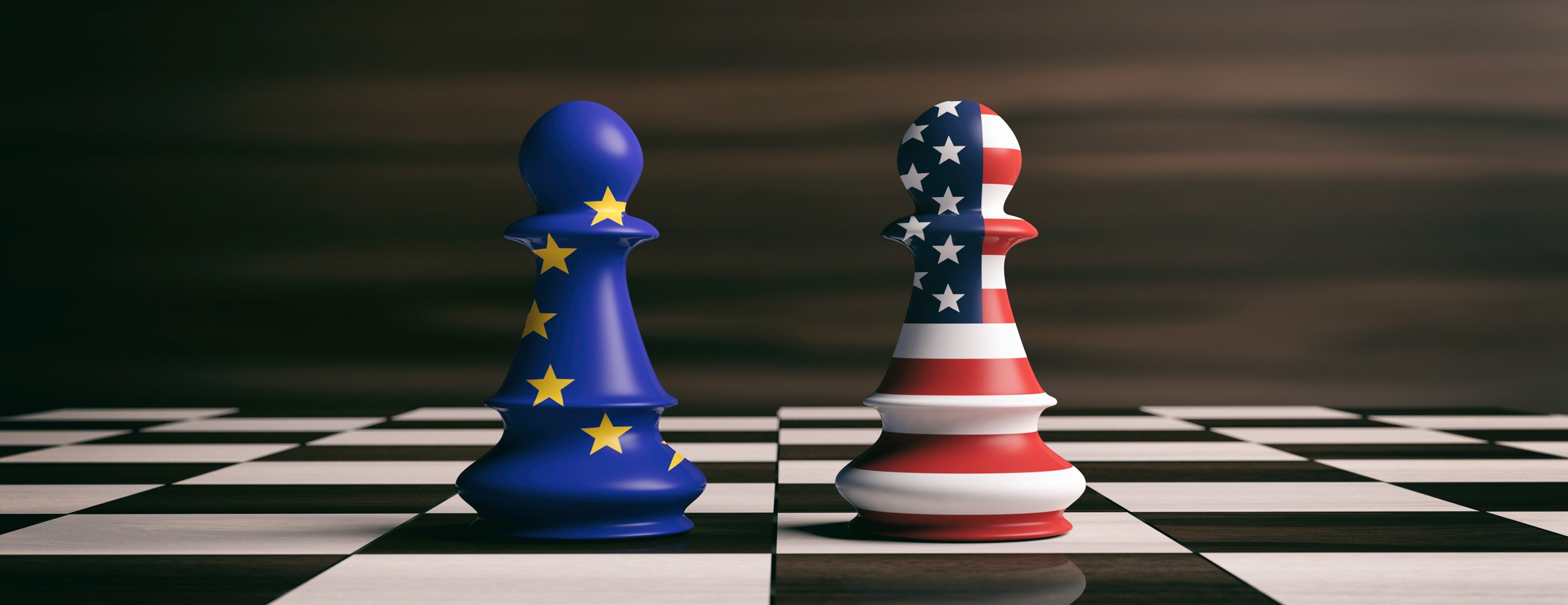
G7 of Diplomacy
G7 of Diplomacy
Whilst the concept of Smart Power introduced by Professor Joseph Nye is considered the most relevant measure to assess a country’s power capabilities, there is not a current methodology to translate the concept into an accurate benchmark of countries and international organisations leverage in the international scene. Smart Diplomacy, pioneered by the Global Diplomacy Forum, has established three pillars that lends countries an edge in their diplomatic performance: Digital Capabilities, Multi-Stakeholder Capabilities, and the Role of Women. The Smart Diplomacy concept also doesn’t provide a benchmark methodology to rank countries based on the Smart Diplomacy Pillars.
To identify the G7 of diplomatic powers, we based it on an amalgamation of smart power leverage and smart diplomacy capabilities. An additional element we considered as a soft power indicator, is the country ‘s regional prominence. We believe a perceived regional power follows an additional international diplomatic leverage.
Through this, we’ve termed 7 countries as the G7 of Diplomacy based on 5 categories: Superpowers, Super Hard Power, Smart Diplomacy Power, Regional Power, and the Super Block.
United States
China
Russia
United Kingdom
South Africa
Brazil
European Union
United States of America
The United States of America as the largest economic and military power, as well as a global leader in soft power, grappled with its position following a precarious Trump Presidency and unsurmountable Covid rampage through the nation. Nevertheless, the US remains host to the world’s leading universities and most innovative enterprises. The world’s largest tech companies are founded in the country and the state provides an unrivalled environment for non-state stakeholders to engage globally to create and broaden diplomatic opportunities. The election of the first female Vice President will indubitably advance its smart diplomacy stance. However, there is a lot of work to be done in the advancement of women in diplomacy, including more women in senior diplomatic roles and incorporating the perspective of women in US global engagement.
In short, the US retains its position of a Super Power through its foremost commanding economic, military, and soft power. The US is highly rated in two pillars of smart diplomacy: (Digital capabilities and Stakeholder diplomacy). The US should also be acknowledged as above average for its women in diplomacy.
China
China’s economy has thrived dramatically during the last two decades to become the world’s fastest growing economy – and on route to becoming the largest economy in the world. Furthermore, China occupies the third spot in terms of the world’s most powerful militaries. It’s success in efficaciously containing the Coronavirus was predominantly attributed to its advanced tech tracing system. China continues its unwavering focus on tech power as the main driver of its economic growth in the coming years, as exhibited with its noteworthy investments in 5G, smart cities and space. Adding to that, through the One Belt - One Road initiative, China is magnifying its leverage, through economic connections with countries disseminating through South Asia, Central Asia, Eastern Europe, Middle East, and Africa.
In summary, whilst China has intensified its efforts on soft power, it remains its weakest pillar. China retains its standing as a Super Hard Power with leading digital capabilities, albeit weaknesses in soft power, stakeholders’ diplomacy and women ‘s role in diplomacy.
Russia
Russia is the second largest military power in the world as per the Global Fire Power Index. It has progressively opted for using its military dominance to gain strategic leverage in parts of the world, including its support of the Syrian regime, indirect proxy interventions in Libya and Western Africa and the annexation of Crimea. Energy resources are the principal foundation underpinning Russia’s economy, their exports vital for military spending and for Russia’s global influence. Europe’s untiring dependence on gas from Russia further empowers Russia’s Hard Power clout. Russia’s covid 19 vaccinations projected its soft power status via science innovation. It also has linguistic, cultural and historical connections that tie it to populations spread across central Asia and easter Europe.
Russia’s Smart Diplomacy is showcased through its highly developed technological capabilities, albeit tarnished with accusations of cybercrimes. In comparison to the already stated countries above, Russia doesn’t afford an optimal environment for non-state stakeholders to develop diplomatic opportunities with similar organisation globally. Whilst the Russian’s spokesperson for the MFA is a widely known female diplomat, the country has a meagre representation of female diplomats in senior positions.
In short, Russia’s considerable Diplomatic Power is mainly due to its hard power attributed to military capabilities and energy resources.
United Kingdom
The United Kingdom harnesses significant Smart Power as the 5th largest economy and 8th military power in the world. The UK is additionally trailblazing its Soft Power with world-class universities, developed entertainment and innovative industries. The UK is fronting Smart Diplomacy, as witnessed by its surge of women in Diplomatic roles. The recently appointed Foreign Secretary Lisa Truss followed the appointment of a sizeable number of female Ambassadors to all the world’s key postings. The UK has women Ambassadors despatched to all six other countries within the G7 group of top industrialised nations. In addition to that, the UK has female Ambassadors to China, Russia, and the UN. The expansion of UK female Heads of Mission has tripled from 22 to more than 60 during the last decade. Its digital capabilities capitalise on digital channels in its diplomacy. The UK with the US is a championing force in multi-stakeholder diplomacy. Civil society, human rights organisations, NGOs, and entrepreneurial initiatives based in the UK represent a well-developed field of multi-stakeholders that are involved with their peers, governments, and other actors in advancing cooperation and understanding globally. These organisations, mostly act outside of the government realm and do not all the time with an agreement with the UK; however, they facilitate a substantial field of diplomatic opportunities.
Whilst the UK is globally recognised as a prosperous Smart Diplomacy country, there are reservations about its international standing, post-Brexit.
European Union
The EU is the most transformative project in modern history, that has metamorphosed Europe from the destruction of war into the most peaceful and prosperous region in the world. The EU accounts for 1/6 of the world’s economy and 21 of the 27 members of the EU members are NATO members. In Soft Power, the EU benefits from the wealth of culture, history, and diversity across its territory. It also is reputable as a value-based union with high standards of governance. In Smart Diplomacy, across the EU, except Hungary and Poland, there is a favourable environment of multi-stakeholders diplomacy and non-state actors in capitalising on diplomatic opportunities. The EU represents the most propitious territory for women in diplomacy, with the prominent representation of women in governance compared to most of the world. Feminist foreign policy was launched in Sweden, whilst Finland’s government appointed equal members from each gender. The German Chancellor Angela Merkel is the most highly revered politician of the past 20 years. In terms of technological capabilities, the EU has one of the most proficiently regulated environments; however, it is lagging in innovation, which hinders it from taking on opportunities, thus making it vulnerable to cyber security threats.
To sum up, the EU is a Diplomatic Power, with robust proficiencies and leverage. Given the number of its members and their often-conflicting interests, the EU has fostered strong diplomatic capabilities in reaching consensus and managing crisis.
South Africa
The transition from the apartheid regime to democracy in South Africa was one of the most publicised events of the 20th Century. The unprecedented and voluntary dismantling of nuclear warheads by South Africa was another major global occurrence. This piloted South Africa to earn international respect, recognition, acceptance, and legitimacy, both regionally and globally. It’s a member of the BRICS group ((Brazil, Russia, India, China, and South Africa) of the 5th most promising emerging economies in the world.
Its Hard Power is exhibited though its position as the third Military Power in Africa and third largest Economy in Africa. In terms in Smart Diplomacy pillars, South Africa is a leading country in Africa for women in governance and is ranked in the top 20 of countries with women representation in parliament and government with 15 of the 28 ministries being held by women. South Africa is categorically the most technologically advanced country in Africa. In the Global Innovation index, South Africa was first amongst African nations. In multi-stakeholders in Diplomacy, South Africa is an activist country, which has solid civil society and non-state organisations that engage in different fields to impact the agenda and policies in alliance with their global peers.
In summary, South Africa is a Diplomatic beacon for Africa, through its historical journey. Although hit by a corruption crisis at the top of its leadership, it still can correct its direction towards an Emerging Power.
Brazil
Brazil is the 8th largest economy in the world and 9th military power in the world and boasts the biggest economy and military power in Latina America. It has gained a global standing by being included as one member of the BRICS - the most promising emerging economies in the world. Brazil is also a Strong Soft Power country. Not only through its culture, cuisine, dancing, and history, but also through its diplomacy. Brazil seems to have few to no enemies. Within South America they have no territorial disputes or rivals. Much of this is due to the countries approach to international relations. which is non-intervention, self-determination, international cooperation, and the peaceful settlement of conflicts.
Brazil has continuously been influential throughout South America because of its territorial size, wealth of resources, economy, and large population. Now that Brazil feels secure within its own continent, it is underway to become a significant player in international relations. In Smart Diplomacy, Brazil is steering tech and innovation in Latin America, coming 40 out of 194 countries in the AI readiness Index. Brazil still hasn’t developed an optimal environment for multi-stakeholders’ diplomacy. While there is an existence of civil society, most of it is linked to political powers and lack independence to be more entrepreneurial. Women have historically been missing from positions of power in Brazil. However, Brazil had elected a woman president and is still making progress towards enhanced representation of women in governance, including diplomacy.
In short, Brazil is a Global Diplomatic Power, mainly due to it stance as the main power in Latin America, however Brazil has agonised from the extent of corruption amongst its leaders and the election of a far-right President. These have had a deleterious impact on its international standing as an emerging diplomatic power. However, it endeavours to re-instates its global influence after the next presidential elections.







